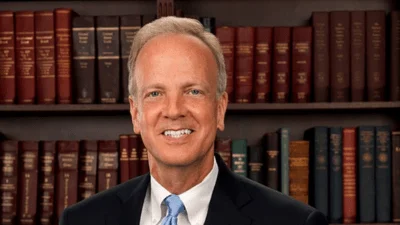WASHINGTON, D.C. - Ways and Means Committee Chairman Charles B. Rangel (D-NY) and Health Subcommittee Chairman Pete Stark (D-CA) issued the following statements today in response to a recent Kaiser Family Foundation and Health Research and Educational Trust’s annual Employer Health Benefits Survey:
The report finds that 65% of employers offered health benefits in 2008 and 60% of workers have coverage through their employer, lower coverage rates than in 1999. Average premiums rose 5% from last year to $4,200 for individuals and $12,680 for family coverage. Average premiums have increased 119% since 1999.
“This report further underscores the danger of ‘reform’ policies that would undermine employer-sponsored health care," said Chairman Rangel. “As we contemplate launching a major health reform effort, we should be wary of tax policies that would undermine coverage that the majority of Americans receive today. The premium increases and coverage declines in today`s survey make it clear that proposals to replace current tax incentives with an inadequate tax credit will simply make matters worse."
According to the survey, a large percentage of firms report that in the future they plan to increase the amount employees contribute to premiums (40%), increase deductible amounts (41%), increase office visit cost sharing (45%) and increase prescription drug co-pays (45%).
“Today’s survey reinforces what we heard from experts at yesterday`s Subcommittee hearing. Unless we enact significant reforms, people will continue to fall through the cracks of insurance company rules, employers will continue to drop coverage, and out-of-pocket costs will continue to rise faster than wages," cautioned Health Subcommittee Chairman Pete Stark. “Until we have universal coverage, these cost shifts away from insurers to consumers will continue."








